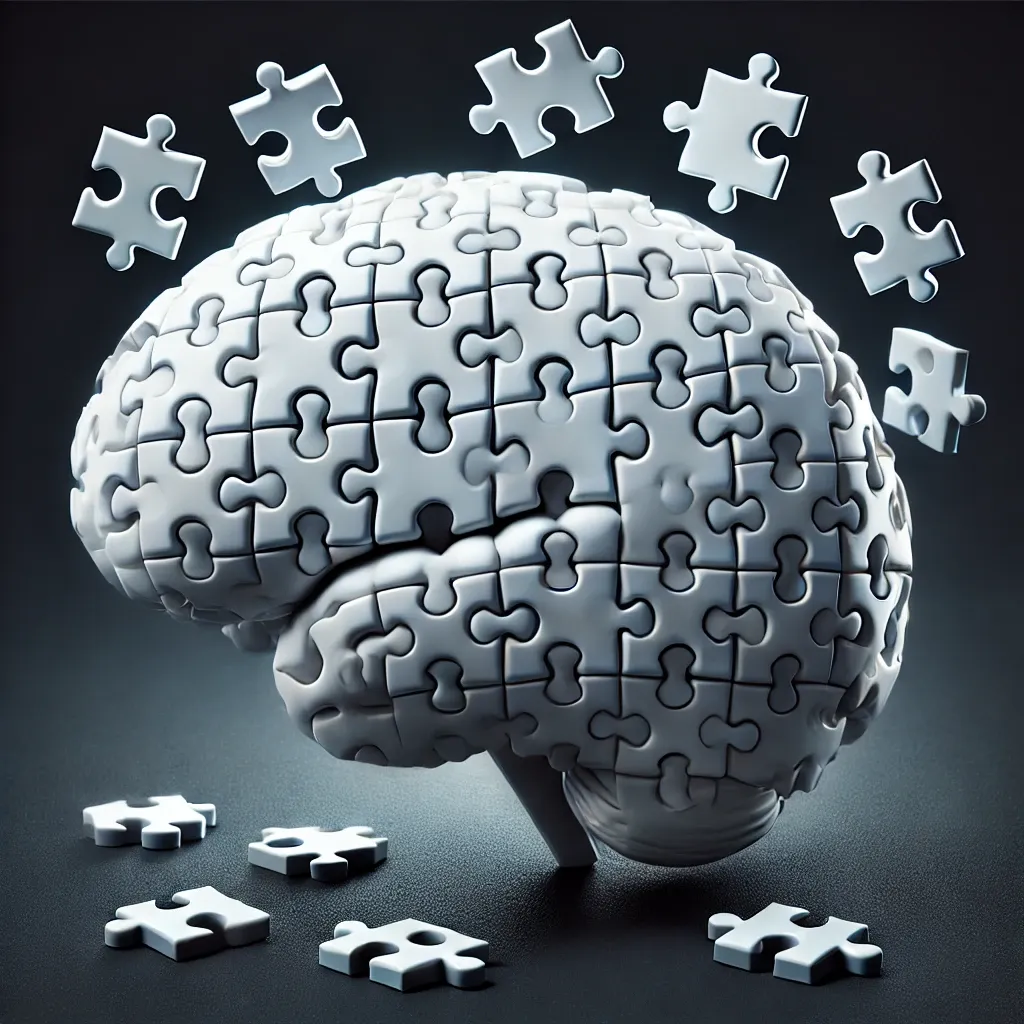Depression is a complex mental health condition that affects millions of people worldwide. It’s not just about feeling sad; it’s a multifaceted disorder that deeply impacts the brain. To better understand this, let’s dive into the insights of clinical psychologists on how depression affects the brain, what actually happens up there, and why this knowledge is essential for treatment.
In this article, we’ll explore the connection between the brain and depression, shedding light on the critical role clinical psychologists play in diagnosing and treating this condition.
What Is Depression?
Depression is more than just a fleeting feeling of sadness. It’s a persistent mental health condition that affects your emotions, thoughts, and behavior. People suffering from depression often experience feelings of hopelessness, lose interest in things they once enjoyed, and may even have physical symptoms like fatigue and sleep disturbances.
How Depression Affects the Brain
The brain is a highly intricate organ, and depression can alter its chemistry and structure. The following are some major areas affected by depression:
1. The Role of Neurotransmitters
Neurotransmitters like serotonin, dopamine, and norepinephrine play crucial roles in regulating mood. In individuals with depression, these chemicals may be out of balance. Clinical psychologists often focus on how altering these levels, often with medication or therapy, can improve mood.
2. Structural Changes in the Brain
Research shows that depression can physically change the brain. People with depression often exhibit a shrinkage in specific areas of the brain, such as the hippocampus, which is responsible for memory and learning. Chronic stress, which is closely linked to depression, can damage neurons in this area, making it harder to regulate emotions and retain memories.
3. Overactivity in the Amygdala
The amygdala, the part of the brain associated with fear and emotional responses, becomes hyperactive in those suffering from depression. This overactivity explains why those with depression may feel overwhelmed or overly sensitive to negative events, even minor ones.
4. Prefrontal Cortex Dysfunction
The prefrontal cortex is responsible for decision-making, reasoning, and impulse control. In depression, this area of the brain often shows reduced activity, making it harder for sufferers to make decisions or think rationally.
How Clinical Psychologists Approach Depression
Clinical psychologists are trained to not only understand the emotional aspects of depression but also how it affects the brain. They utilize various techniques and therapies to help patients manage their symptoms.
5. Cognitive Behavioral Therapy (CBT)
One of the most effective treatments for depression, Cognitive Behavioral Therapy (CBT), focuses on changing negative thought patterns. Clinical psychologists help patients reframe their thinking, which can lead to a more balanced emotional state.
6. Understanding the Mind-Body Connection
Clinical psychologists emphasize the link between mental and physical health. Depression can cause physical symptoms like headaches, digestive problems, and chronic pain. Recognizing this connection is vital in treating the whole person.
7. The Importance of Early Intervention
The sooner depression is identified and treated, the better the outcomes. Clinical psychologists stress early intervention because prolonged depression can lead to more significant changes in the brain, making treatment more challenging over time.
Lifestyle Changes Recommended by Clinical Psychologists
In addition to therapy, clinical psychologists often suggest lifestyle changes to improve brain function and mental health.
8. Exercise and Its Impact on the Brain
Exercise is not just good for the body—it’s also incredibly beneficial for the brain. Physical activity increases the production of endorphins and other chemicals that can improve mood and reduce symptoms of depression.
Conclusion
Depression is a challenging condition that deeply affects both the brain and the body. With the insights from clinical psychologists, we can better understand how depression changes brain function and why treatment involves more than just addressing emotional symptoms. A holistic approach that includes therapy, lifestyle changes, and sometimes medication can significantly improve outcomes for those struggling with this disorder.
